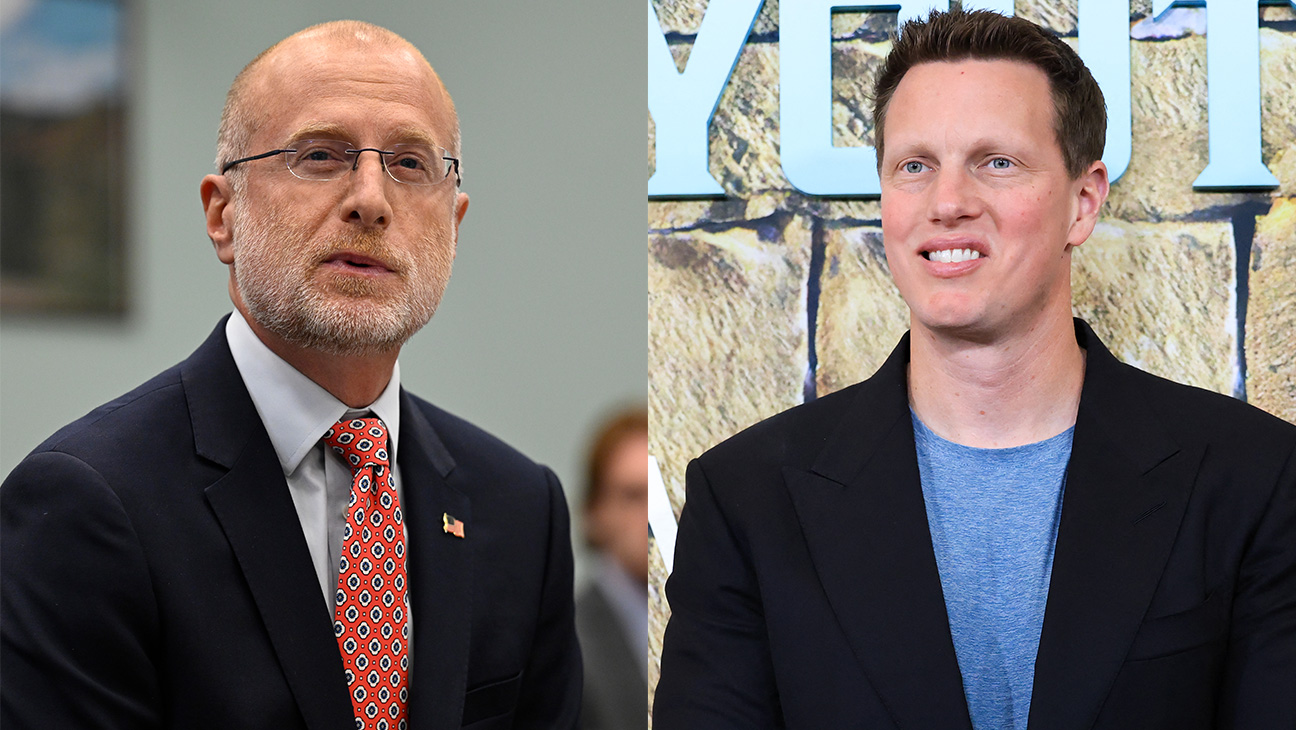Paramount-Skydance Merger: A Triumph of Capitalism or an Emblem of Controversy?
The Triumph of capitalism was witnessed yet again as the Federal Communications Commission (FCC) gave a decisive green light to the merger deal between Paramount Global and Skydance Media. The approval comes as a seal of legitimacy to an astonishing $8.4 billion sale, marking a new era for some of the high profile names in the media industry. CBS broadcast television network, Paramount Pictures and Nickelodeon cable channel now all fall under this broadened umbrella.
One significant step in this direction was the transfer of broadcast licenses for 28 owned-and-operated CBS television stations. The FCC, demonstrating itself as a champion of free enterprise, smoothly facilitated this pivotal transfer, free from external controversies. In due process, Paramount successfully navigated litigation by President Trump, settling for a sum of $16 million related to a ’60 Minutes’ interview.
The said litigation centred on an appearance of Kamala Harris, the former Vice President, in a feature which aired in October. While her performance was lauded by some, serious questions regarding the intentions and impartiality of the news were raised by others. This sparked a hot debate in an already inflamed political climate.
Needless to say, the interview generated quite a buzz, with critics expressing concerns about the overt political leanings of the media and its impact on viewership. Former FCC Chairman Brendan Carr, however, chose to distance himself from the dispute. He asserted that the agency’s review of the merger proposal wasn’t influenced by the suit.
Although contentious, the approval process completed unhindered. Skydance, backed by its investment partner, RedBird Capital, managed to convince the FCC of their commitment towards fair journalism that appreciates diversity in viewpoints. They proposed an innovative model of governance with an ombudsman who will be responsible for addressing biases or complaints regarding CBS.
This may be seen as an effort by the media giants to ensure transparency and foster an environment of accountability. Placing ‘fairness’ in media at the helm, Skydance is essentially trying to govern its new acquisitions under a more comprehensive, balanced structure. Time will tell if this ombudsman can actually initiate such an important change.
Paramount, on the other hand, drew curtains on its diversity, equity, and inclusion programs, reflecting a shift in its ideological stance. Aligning with the Trump administration’s perspective, the media conglomerate deemed these initiatives as discriminatory and hence discarded them, causing quite a stir in the industry.
The controversy around the supposed discrimination of such affirmative action policies is one that has seen much debate on both sides. However, Paramount’s recent decision clearly shows their leaning towards the view that such programs, rather than promoting inclusivity, may actually be fostering an environment of discrimination.
This decision, while met with some dismay, is controversial due to the nature of the debate. Convictions about affirmative action policies are deeply divided and depend largely on personal belief and political leaning. Thus, Paramount’s decision, while impactful, also reveals a larger issue of ideological divide in society.
The decisions made by Paramount and Skydance not only reflect the complexity of running a media conglomerate in today’s polarized world, but they also shed light on how these companies intend to align themselves in the shifting political landscape. It’s clear that both companies are navigating contentious waters in their efforts to strike the right balance between business interests, consumer demands, and political sensitivities.
Whether these changes initiated by the Paramount-Skydance merger will improve the media landscape or add to the existing controversies, only time will tell. One thing is for sure, the media industry, with its power to influence public opinion, remains a battleground for political ideologies and a mirror to societal divisions.
Overall, the Paramount-Skydance deal has stirred up heated debates and instigated profound changes. However, controversy and change often open doors for innovation and improvement. The future of media is uncertain, yet it holds the promise of immense potential and unceasing evolution.
Let’s hope that this merge leads to a prosperous journey for Paramount and Skydance. While swaying between the pendulums of controversies, the notion of unbiased journalism still stands as a glimmer of hope amidst the doubts and ambiguities. The enthusiastic wait for a more transparent and accountable media thus continues.


